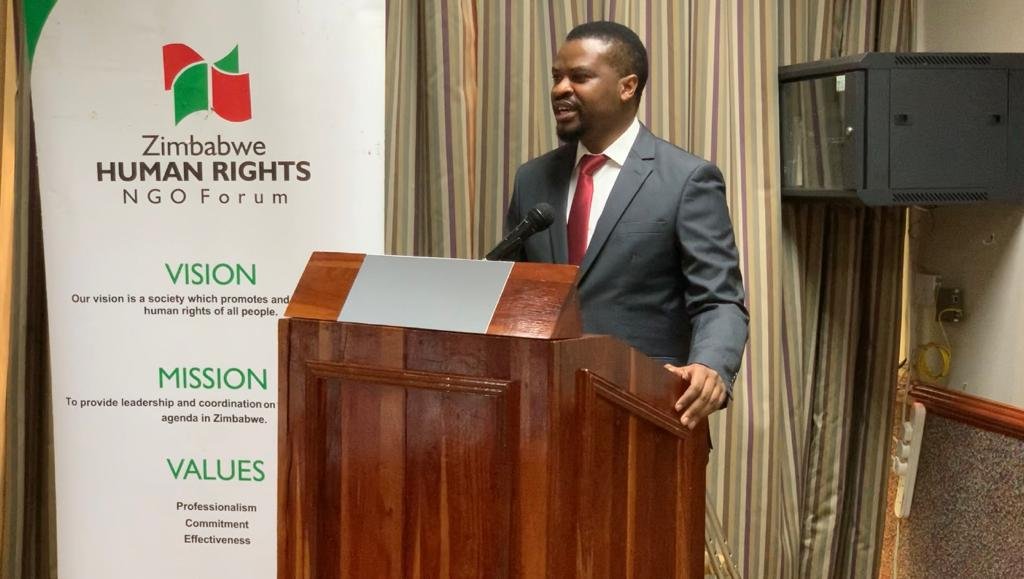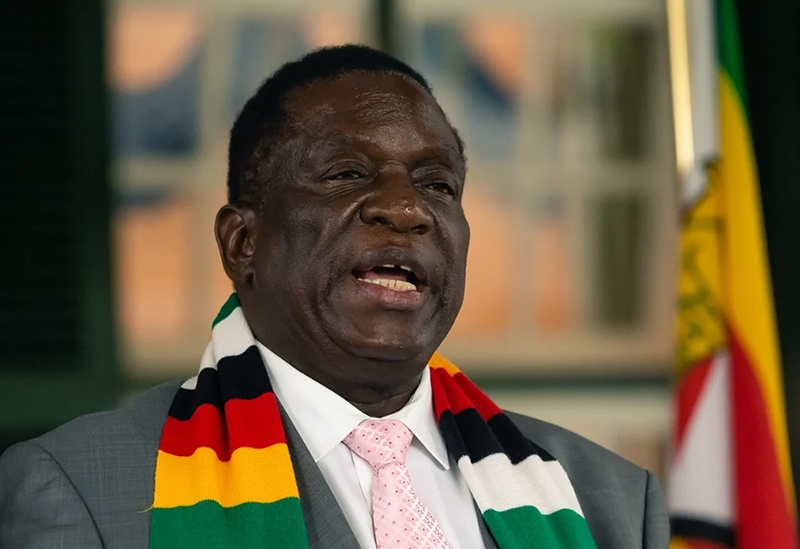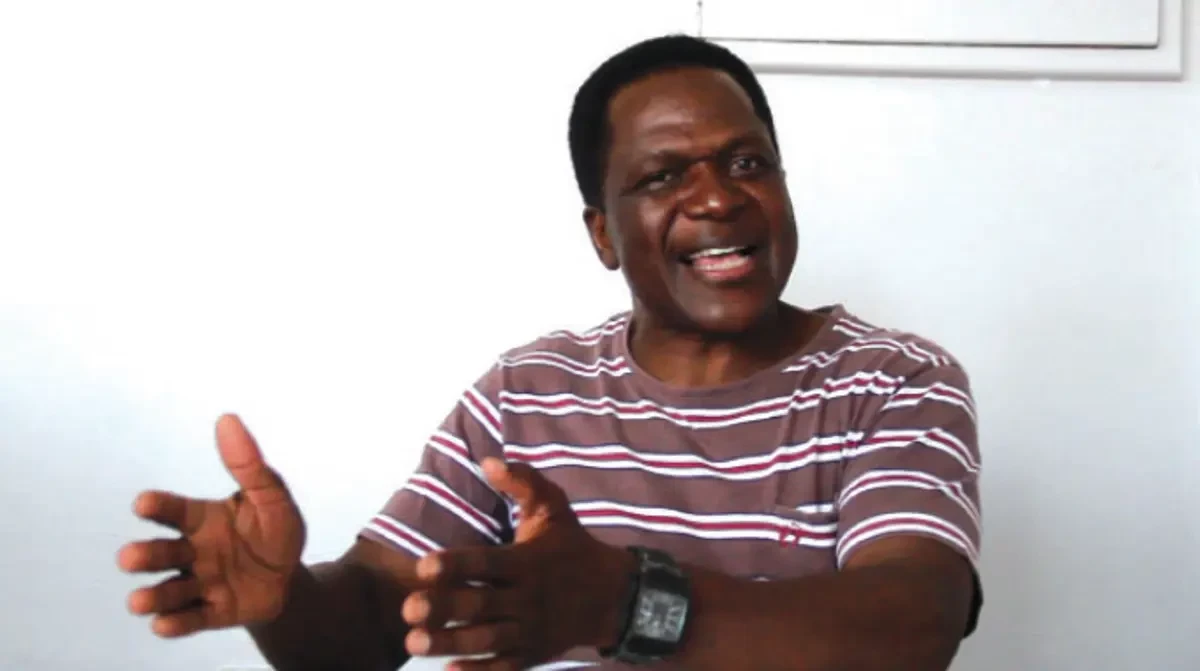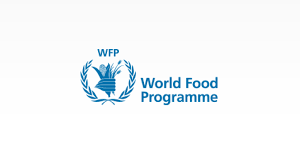
BY STAFF REPORTER
The government says it is willing to dialogue with non-governmental organisations following widespread criticism of the Private Voluntary Organisation (PVO) Amendment Bill and find common ground over the proposed law, which civic organisations say is draconian.
Speaking during an engagement meeting between the Financial Intelligence Unit (FIU), other government departments and the Zimbabwe Human Rights NGO Forum (Forum) in Harare on Wednesday organised by the grouping of 22 civic organisations, an official from the Labour and Social Welfare ministry, Maxwell Chinenga said his ministry was willing to listen to concerns raised by non-governmental organisations (NGOs).
The meeting was also attended by Financial Action Task Force (FAFT), Eastern and Southern Africa Anti-Money Laundering Group (ESAAMLG) and the Attorney General’s Office.
The platform was set up to formally present civil society organisations (CSOs) position on the PVO Amendment Bill to the government through the relevant departments.
Parliament has been conducting public hearings on the Bill since February 28.
Chinenga said continuous engagements between government and the CSOs will provide further opportunities for NGOs to play a role in Zimbabwe’s development.
He said NGOs have shown commitment in working together with the government towards the country’s development in the past decades and in future.
- Chamisa under fire over US$120K donation
- Mavhunga puts DeMbare into Chibuku quarterfinals
- Pension funds bet on Cabora Bassa oilfields
- Councils defy govt fire tender directive
Keep Reading
Chinenga said more meetings between the government and CSOs on the PVO Bill will be arranged.
“The government encourages a cooperative approach and positive dialogue on the amendment of the PVO Bill,” he said, adding, formal submission of the CSOs concerns to the government on the amendment of the PVO Bill were welcome.
“Engagement with the NGOs sector is key to jurisdictions meeting the standards of Recommendation 8.
It demonstrates that there is a broad understanding both within the government and the sector about working together to reduce the risks of terrorist financing within the sector.
“It demonstrates that there is a broad understanding both within the government and the sector about working together to reduce the risks of terrorist financing,” he said.
Fiona Eliff from the Zimbabwe Lawyers of Human Rights while presenting a position paper from NGOs under the Forum, said the PVO Bill which President Emmerson Mnangagwa’s government is pushing to enact into law will result in over-regulation of operations of the sector, undue targeting, and arbitrary criminalisation of CSOs.
Iliff said civic society was concerned about some sections of the Bill, which give the minister and the Registrar’s Office an illegal room to interfere with the work of NGOs.
She said the prohibition of NGOs from supporting or opposing any political party or candidate through the contribution of funds or otherwise does not relate to FATF standards.
“That the minister prescribes additional or special requirements, obligations, or measures means he/she is not subject to parliamentary and judicial scrutiny and is a violation of the right to privacy and interfering in internal affairs.
Excessive powers violate labour laws,” Iliff said.
“The Bill gives ministerial powers to make regulations for the disclosure of funding from outside Zimbabwe, in the application for registration, the audit report or both.
“Receipt of foreign funding should not be a negative condition in registration/auditing processes.”
The Bill moves powers away from PVO Board to the Registrar’s Office, an administrative functionary that Iliff said was not an independent member of Public Service.
Registration and documentation criteria of PVOs, she said, was also unclear.
She also said the Bill provides for suspension of executive committee members by the minister without a court order and that violated the right to administrative justice and the right to a fair hearing.
FIU director-general Oliver Chiperesa said his organisation pressured the government to come up with the PVO Bill to comply with FAFT regulations.
Over the years since 2016, through FIU-coordinated multi-stakeholder efforts, Zimbabwe has worked hard to improve its compliance ratings.
“As of today, under Technical Compliance, Zimbabwe is now rated either fully compliant or largely compliant in 33 out of the 40 recommendations.
“”FATF recommendations are necessitated the PVO Amendment Bill,” Chiperesa said.
He said in 2015 FATF issued a guidance document titled: “Best Practices: Combating the Abuse of Non-Profit Organisations”, which explains in detail the vulnerabilities of non-profit making organisations (NPOs) to be abused, knowingly or unknowingly, to raise, maintain or move funds for purposes of financing terrorists or terrorist activities and proposes measures a country should take to detect and deter financing of terrorism.
Participants questioned why the NGOs were targeted when they are not listed as a grey area in terms of terrorism financing.
They also wanted to know why the government was targeting the NGOs when the country has been removed from the FATF grey list.
Musa Kika, the Forum director said civic organisations appreciated the government’s concerns on combating terrorism financing but had come to the meeting in the spirit of dialogue and seeking to ensure that what is put in place in terms of the regulation of the NPO sector, is that which complies with the standard made for them.
“This will ultimately allow Zimbabweans to derive maximum benefits,” Kika said.










